Vocabulary enhancement Easy Math Worksheets for Ages 3-9
10 filtered results
-
From - To
Unlock your child's potential with Vocabulary Enhancement Easy Math Worksheets, tailored for ages 3-9. These engaging activities bolster math skills while expanding vocabulary, making learning fun and effective. Our worksheets blend mathematical concepts with language development, ensuring a comprehensive learning experience. Perfect for early learners, they enhance understanding through colorful visuals and interactive tasks. Designed to boost confidence and academic success, these worksheets cater to each child's learning pace. Equip your young learner with the tools they need for a brighter academic future, all from the comfort of your home. Discover the joy of learning today!


Faces of 3D Shapes Worksheet
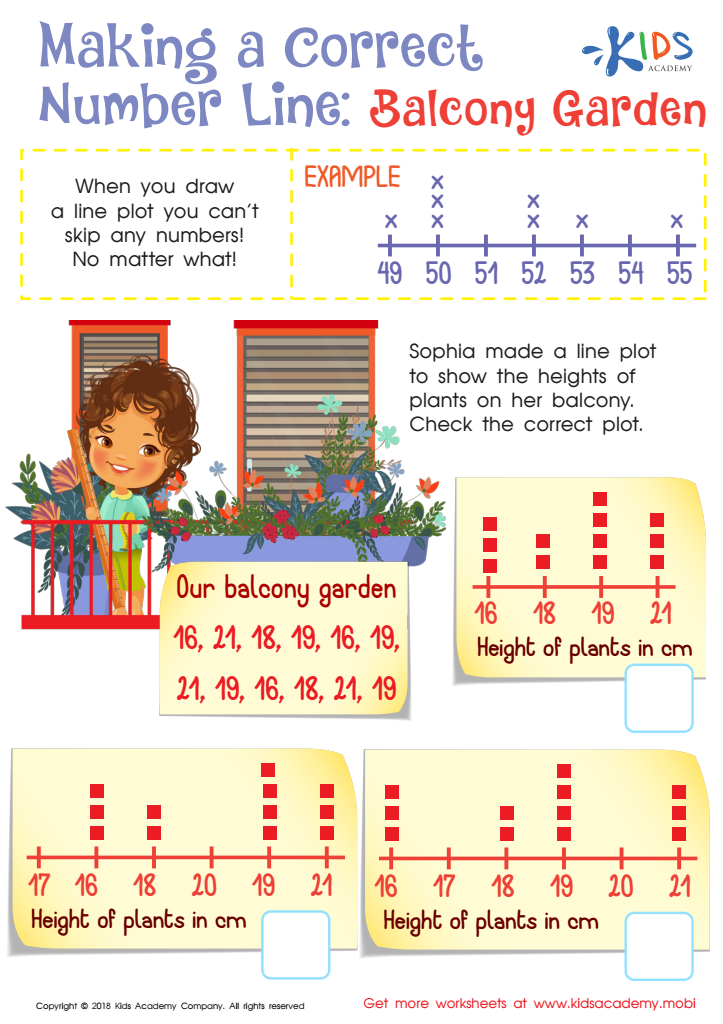

Making a Correct Number Line: Balcony Garden Worksheet
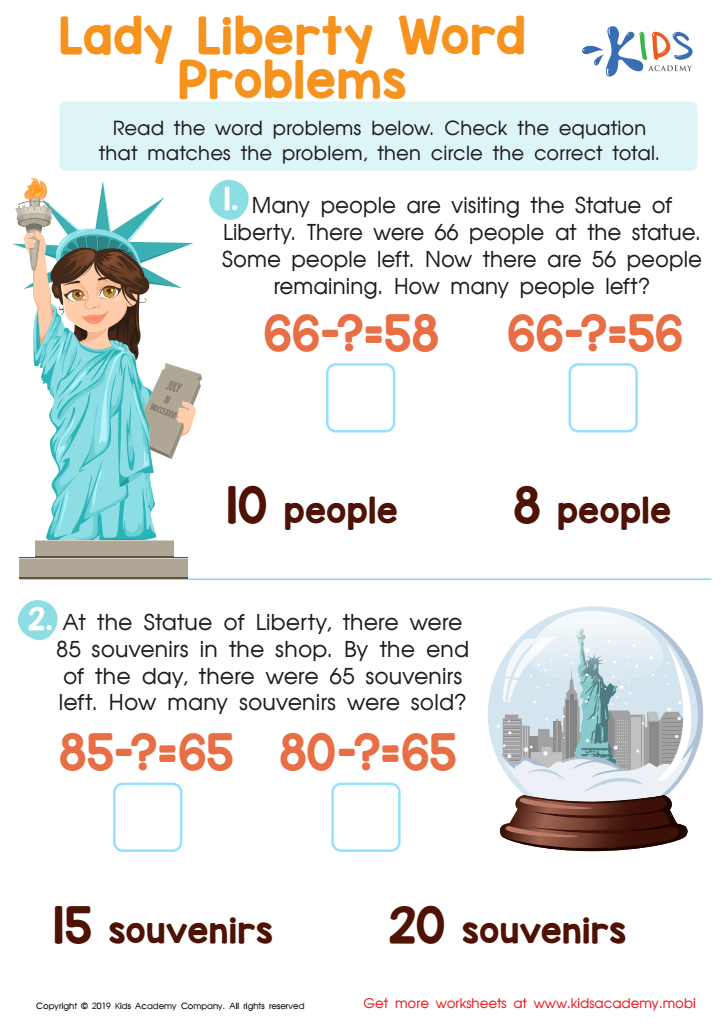

Lady Liberty Worksheet
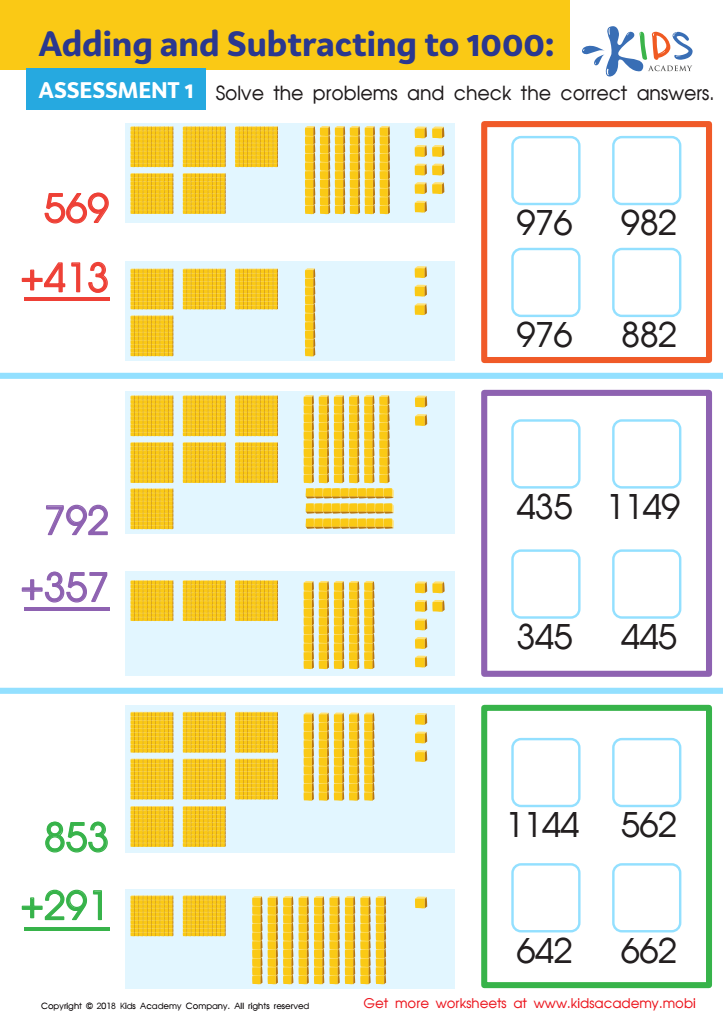

Adding and Subtracting to 1 Worksheet: Assessment 1
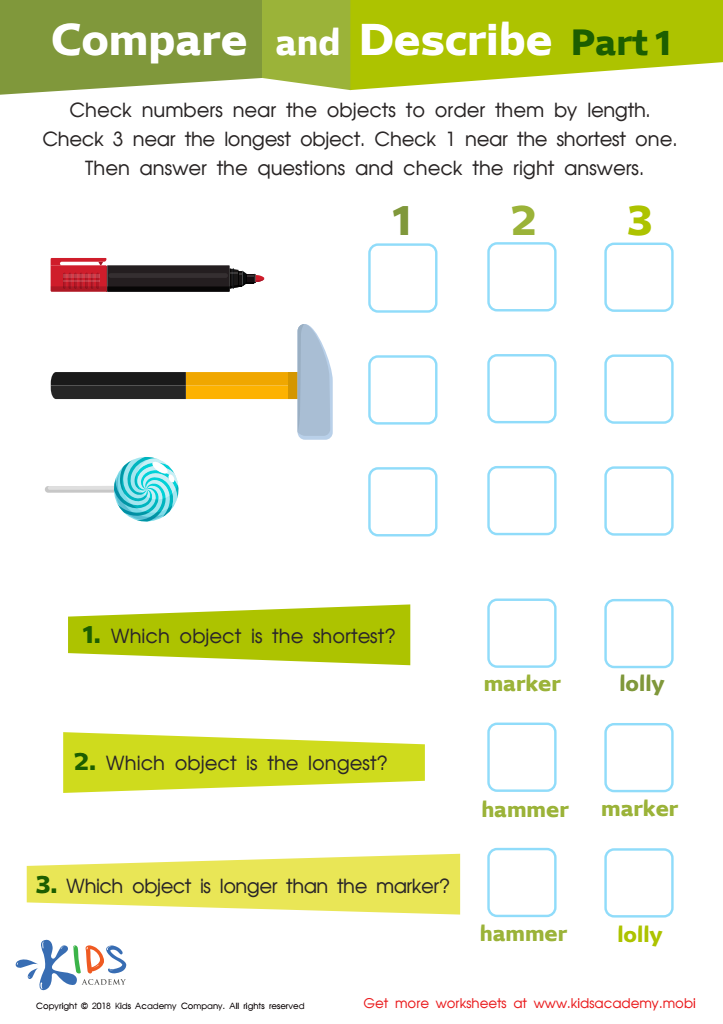

Compare and Describe: Part 1 Worksheet
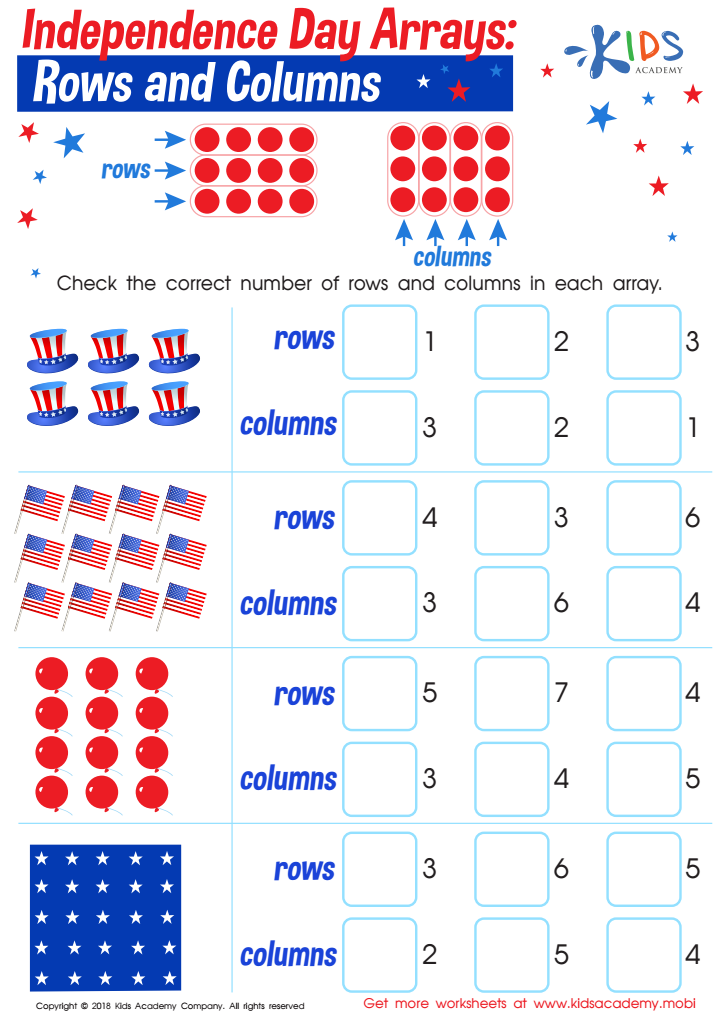

Independence Day Arrays: Rows and Columns Worksheet
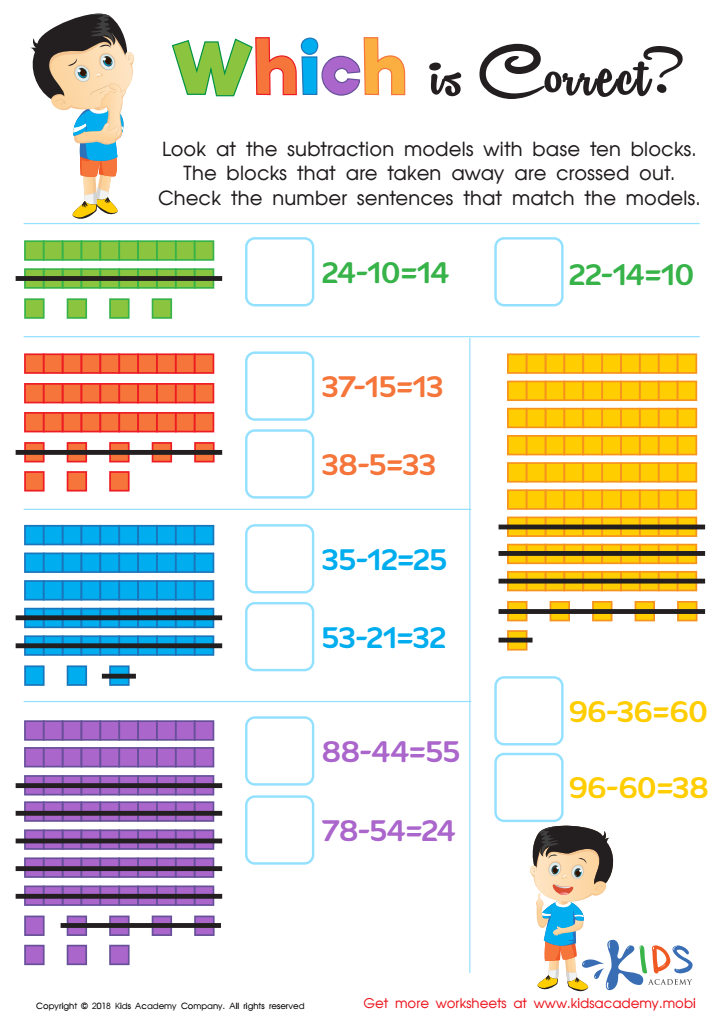

Which Is Correct? Math Worksheet
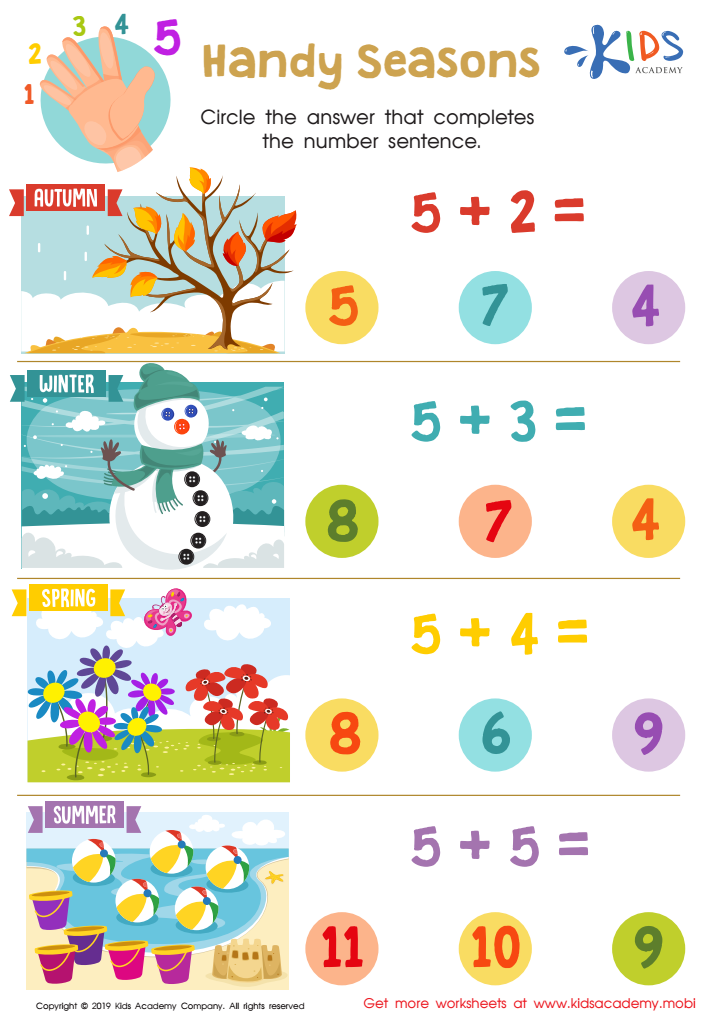

Handy Seasons Worksheet
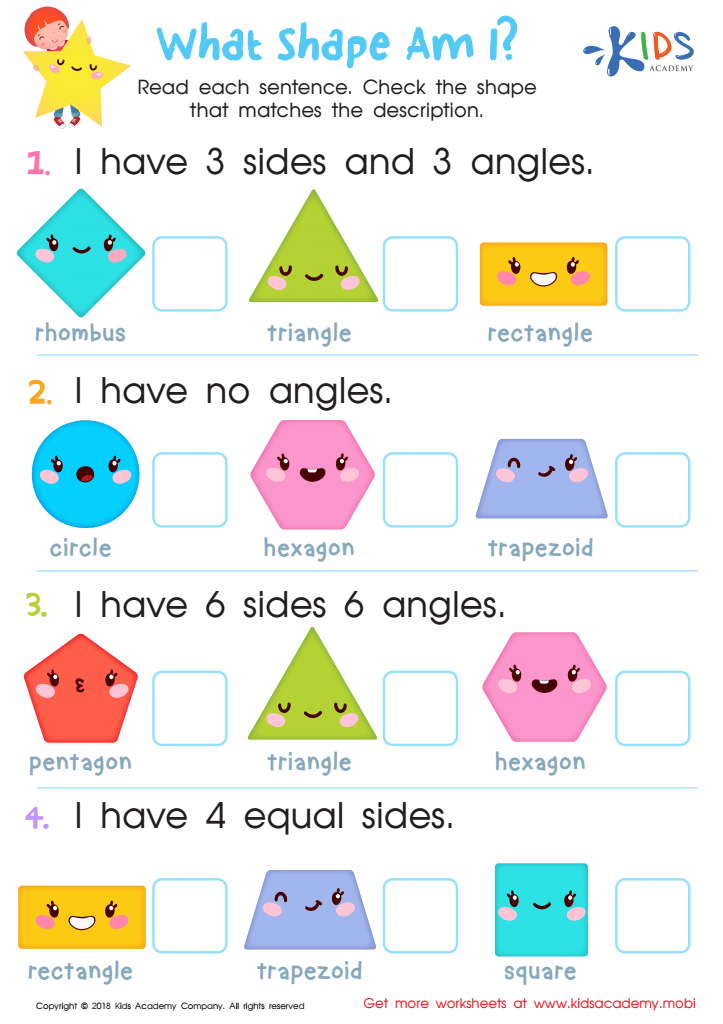

What Shape Am I? Worksheet
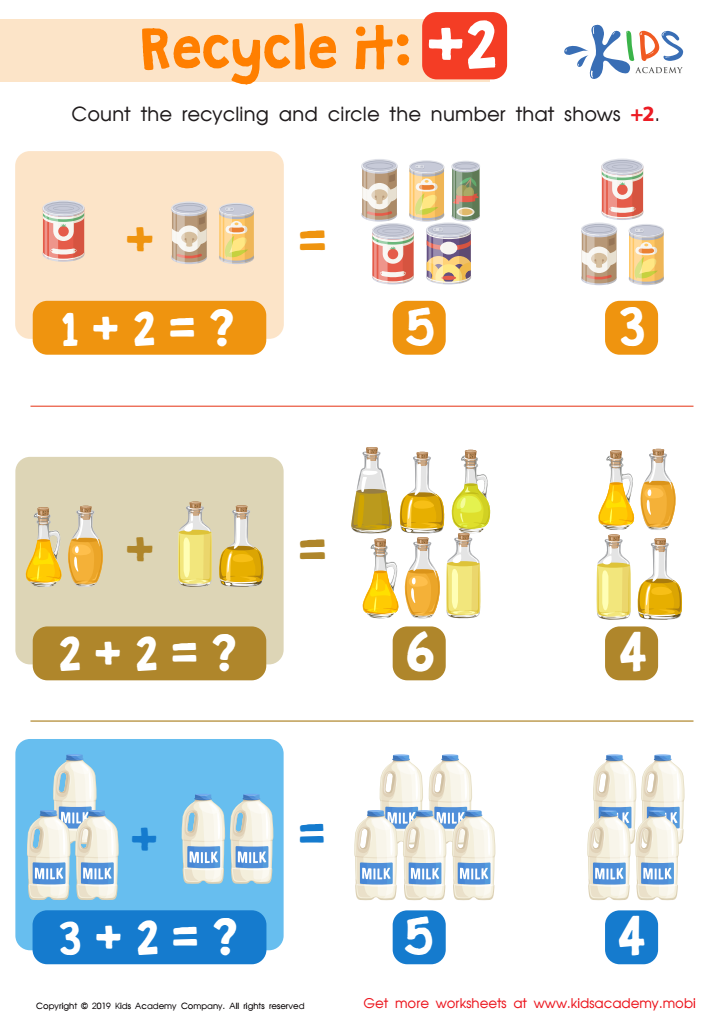

Recycle It: +2 Worksheet
Vocabulary enhancement and easy math skills are vital for young children aged 3-9 as they lay the foundation for future academic success and cognitive development. At this early age, children's brains are highly receptive to learning new concepts, making it a prime time to introduce language and math skills. Developing a robust vocabulary helps children express themselves more clearly and understand others better, fostering essential communication and social skills. When children possess a rich vocabulary, they can better comprehend reading materials, participate in conversations, and grasp complex concepts as they advance in school.
Similarly, early math skills build critical thinking and problem-solving abilities. Basic math concepts like counting, shapes, and simple addition and subtraction form the groundwork for more complex mathematical thinking. These skills also encourage logical reasoning, pattern recognition, and spatial awareness, all of which are crucial for understanding the world around them.
Parents and teachers should support vocabulary and math enhancements because early proficiency in these areas correlates with better academic performance, greater confidence in school tasks, and a positive attitude towards learning. Fostering these skills in a fun, engaging manner not only makes learning enjoyable but also sets children up for a lifetime of educational and personal success.
 Assign to My Students
Assign to My Students



















